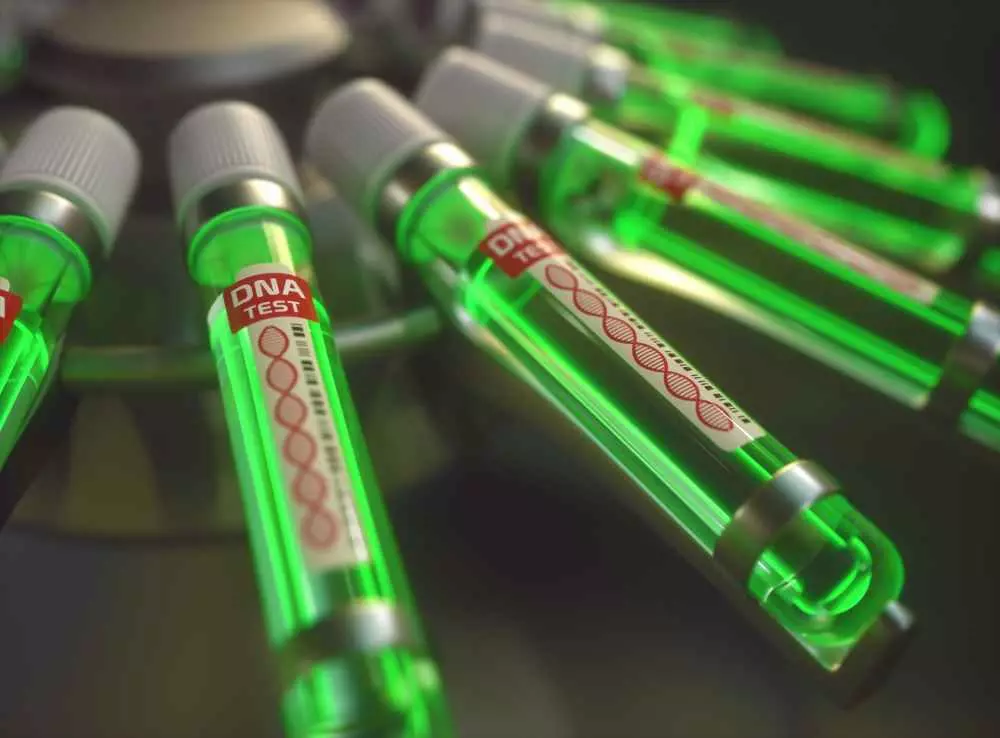Neurological examinations
Neurology is a branch of medicine that deals with the diagnosis and treatment of disorders of the nervous system. Neurological examinations are extremely important, as they allow doctors to obtain information about the patient's condition and apply appropriate therapeutic methods. Thanks to advances in this field, it is becoming possible to treat many conditions more effectively.
MRI
One of the most important tools in neurological research is magnetic resonance imaging (MRI). This method uses a strong magnetic field and radio waves to obtain precise images of brain structures. This makes it possible to visualize pathological changes, such as tumors, inflammation or brain damage. MRI is non-invasive and safe for the patient, which contributes to its popularity in neurological research.
Electroencephalography
Another important diagnostic tool in neurology is electroencephalography (EEG). This method involves recording the electrical activity of the brain using electrodes placed on the skin. This makes it possible to detect aberrations in the nervous system, such as epileptic seizures or sleep disorders. EEG is non-invasive and painless, and the results can be very valuable in diagnosis and therapy planning.

Genetic testing
Advances in genetic testing are opening up new possibilities in the diagnosis and treatment of neurological disorders. Genetic testing makes it possible to identify changes in a patient's genetic material that may predispose to various diseases. This allows doctors to approach therapy in a more personalized way, taking into account a patient's individual genetic predisposition.
Psychiatric research
Psychiatry is the branch of medicine that deals with the diagnosis and treatment of mental disorders. Advances in psychiatric research have contributed to a greater understanding of many diseases, as well as more effective treatment. Many new research methods have been introduced that allow doctors to better understand the processes of the patient's mind.
Brain imaging
One of the most important methods in psychiatric research is brain imaging, mainly magnetic resonance imaging (MRI) and positron emission tomography (PET). These images allow the identification of structural and biochemical changes in the brain of patients with psychiatric disorders. This allows doctors to better understand the underlying cause of these diseases and make a good choice of appropriate drug treatment.
Hormonal testing
Many mental disorders can be traced back to abnormal hormonal work of the body. Therefore, hormone testing has become an important tool in diagnosing these diseases. Hormone tests assess the levels of hormones, such as cortisol and thyroid hormones, that may be related to the presence of psychiatric symptoms. Their results can help better tailor drug treatment.
Genetic testing
As in neurological testing, genetic testing is also important in psychiatry. Studying the genetic material of patients allows the identification of genetic variations associated with the risk of various mental disorders. This makes it possible to individualize therapy and better tailor it to the patient's needs.
Thanks to advances in neurological and psychiatric research, it is possible to treat many conditions more effectively. Diagnostic tools such as MRI, electroencephalography and genetic testing provide doctors with valuable information about the patient. They make it possible to detect pathological changes, understand the basis of the disease and individualize therapy. A multifaceted approach to the diagnosis and treatment of neurological and psychiatric conditions is key to achieving optimal therapeutic results.
Add comment